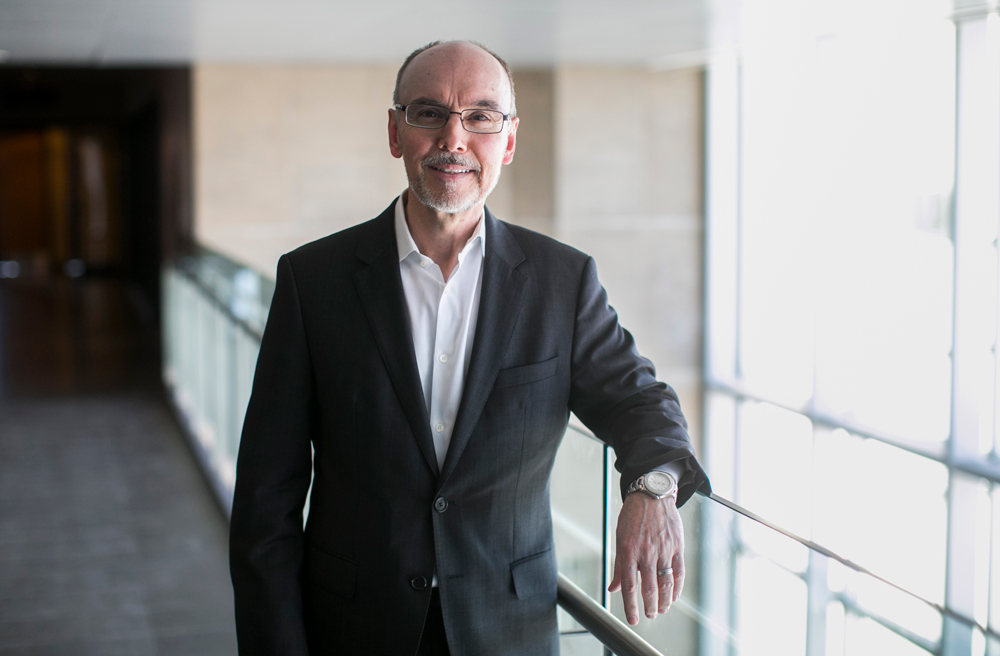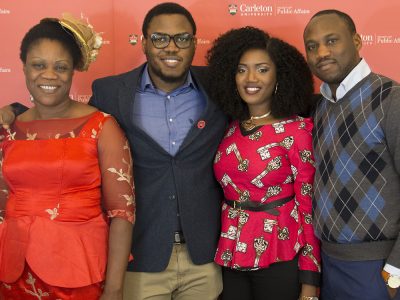By Karen Kelly
This profile was part of the Faculty of Public Affairs’ 75 for the 75th series, which highlighted 75 notable alumni in FPA in honour of Carleton University’s 75th anniversary. These stories were published in 2016 and 2017.
Hugo F. Sonnenschein Distinguished Service
Professor in Economics and the College, University of Chicago
Bachelor of Arts, Economics & Mathematics (’81)

When Philip Reny arrived at Carleton University in 1977, his first priority was his rock band.
“I played the keyboards in a band called “Mainstream” that toured the bar circuit in Ontario,” he recalls. “I explored it seriously, but by second year, I realized a rock band wasn’t a good career move.”
Dr. Reny never imagined a career as a professor: “I didn’t even know what that meant.” But he knew he loved mathematics. After majoring in math his first year, he added a double major in economics the second year.
“I had no clue what a great combination that would be: that there are so many fields in economics that require really good training in mathematics,” says Dr. Reny. “When I did my Master’s at the University of Western Ontario and my PhD at Princeton, I took stock of my fellow students and realized that the math and economics training I received at Carleton were really top-notch.”
He especially remembers Economics Professor Tom “TK” Rymes, who inspired his interest in microeconomics.
“I remember the second year course I took with him. He was always enthusiastic, but also very serious about the subject matter,” recalls Dr. Reny. “When I graduated, he presented me with the University Medal in the Social Sciences. That meant a lot.”
Dr. Reny’s enthusiasm about mathematics is reflected in the branch of economics that became his chosen field: game theory.
“If game theory sounds like chess, bridge or poker, that’s because it is,” he explains. “Game theory studies decision-making among multiple entities—such as people or governments—in a strategic setting. How far ahead one thinks and their ability to predict how the other will react will affect how well they do.”
Dr. Reny’s current research involves a long-standing problem in which economists want to extend the definition of sequential equilibrium to infinite games, but they don’t have a good methodology for it. That’s what he and his colleagues are trying to provide.
He’s also written a seminal textbook entitled Advanced Microeconomic Theory. As a professor at the University of Chicago, he says he advises students to approach economics thoughtfully.
“It’s important to do things slowly and not try to produce many things, but something of great quality. That’s the goal,” he explains. “But if you produce many things of great quality, even better.”
Thursday, June 15, 2017 in #FPA75, Career Paths, Department of Economics
Share: Twitter, Facebook



